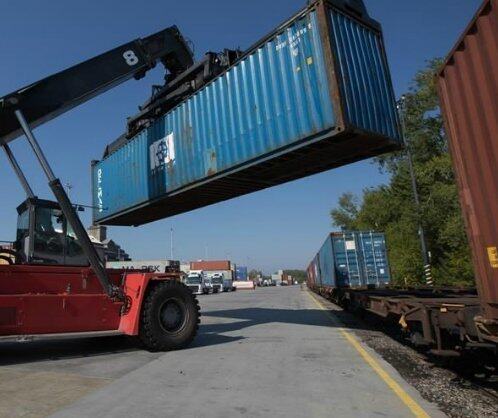Email cannot be empty
Password cannot be empty
Email format error
Email cannot be empty
Email already exists
6-20 characters(letters plus numbers only)
The password is inconsistent
Email format error
Email cannot be empty
Email does not exist
6-20 characters(letters plus numbers only)
The password is inconsistent


International logistics is a driving force that shapes the overall transportation chain.
Correspondingly it could present a great opportunity for many lucrative businesses.
Point often overlooked is that the international transportation stretches thousands of miles, spans oceans, crosses multiple borders, and utilizes a variety of transport modes. Therefore, the key point to arranging impeccable internationalcargo logistics is choosing wisely the most important actors in shipping.
Do you wonder who the actors in shipping are? And what are the most important roles in international transportation?
Take a further read & find out more about international transportation!
Did you know that the freight forwarder does not actually move your freight itself?
The actual role of the freight forwarder in the overall international transportation is to act as an intermediary between the shipper and the other transportation services. That is to say the freight forwarder establishes relationship with logistics companies, trucking companies as well as carriers.
Therefore, it is the freight forwarder who negotiates the best price and by that holds one of the most important roles in international transportation.
A good freight forwarder is he who can choose a route for your cargo that best balances the reliability, price, as well as speed of delivery. Moreover, a good freight forwarder makes the transportation way simpler and available for clients through cost optimization, as well as through managing timely freight deliveries.
On the other hand we have the shipper.
The shipper has one of the most important roles in international transportation too. Depending on the incoterms agreed between the buyer and the seller, the Shipper is in most cases responsible for exporting the cargo.
This means that most of the time he is the one doing the packaging, loading, and preparing the export customs documents.
A consignee is the recipient of cargo, that is to say the party that receives a shipment from the carrier.
According to the rules and regulations that do apply to international transportation, the consignee should be listed on the Bill of Lading and, in most of the cases, it is the consignee’s address that the cargo will be delivered where he should be physically present when receiving the shipment.
The main consignee’s responsibilities are:
Another key point of consignee’s work includes filling import customs declaration, as well as paying taxes and duties.
A customer can be an individual or a company that wants to arrange international transportation for its cargo. Usually companies tend to book cargo transportation with the help of freight forwarders, as mentioned before.
Henceforth, besides an individual, or a company that wants to arrange international transportation, as customers can be as well considered:
Put differently, each of the roles mentioned previously at some point of the transportation process can play the role of a customer.
In either case, the customer is someone that has the need of moving his cargo from point A to point B.
Airfreight lines, or better said air transport is a crucial part of many international logistics networks. More precisely, airfreight lines are dedicated to the cargo transportation process by air.
Additionally, airfreight lines are responsible for controlling and managing the flow of goods, information and other resources.
It might happen that airfreight lines are divisions of larger passenger airlines.
Shipping lines are companies operating ships that are responsible for the transportation of cargo/containers.
These companies are responsible for the transportation process of the cargo from the load port to the discharge port.
Shipping lines play integral part in the multimodal cargo transportation process.
When handling cargo to shipping lines customers are most commonly required to give authorization to the shipping line to sign on their behalf. Shipping lines are requiring this with the purpose to save time for their customers, because that way if there is any process along the way that will have to be expedited, they will do it without the owner physically going there.
To enumerate, managing international transportation requires a detailed pre-planning, as well as a good collaboration between the freight forwarders, shippers, consignees, customers, and transport operators.
So, the best for your business is to make an informative decision on choosing the 5 most important roles that will lead you to achieving on-time, on-budget, and goal-focused international transportation of your cargo.